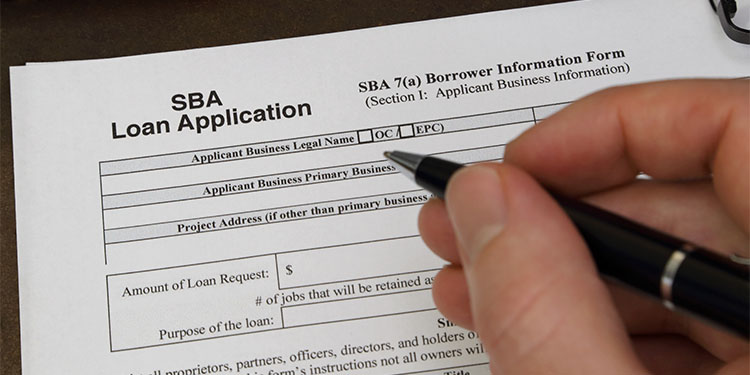How To Buy a Business
How to Buy a Business

Learn the steps to take to buy a small business: how to choose the right industry, find sellers, what to look for in a business, how to finance the purchase, due diligence steps, and how to close the deal.

Should you buy an existing business or start your own? Find out the many advantages to buying an established business, like an existing customer base, reliable cash flow, name and brand recognition and more.

Explore the differences between franchising and independent business ownership—the pros and cons of each business model.

Buying a franchise business or franchise resale gives entrepreneurs a head start in business ownership by leveraging an established brand and starting a business with a proven track record.

Discover the key differences between Main Street and Middle Market businesses and why it matters in the process of valuing and selling your business.

Lower middle market enterprises typically have annual revenues ranging from $5 million to $100 million that companies offer attractive opportunities for growth and profitability with less competition than larger corporations.

Whether you’re a seasoned entrepreneur or first-time buyer, discover the best sources for finding a business for sale.

There are many pathways to entrepreneurship. This article explores strategies for buyers when considering how to buy a business that's not for sale.

Buying a business usually involves some method of financing. Whether you're buying an existing business or a franchise, there are several ways to borrow money for the purchase.

Learn how to use an SBA loan to buy a business. Discover the eligibility, benefits, and application process to secure financing and acquire a small business.

Discover how to buy a business with seller financing. Navigate the intricacies of negotiating seller financing terms using a nuanced approach that ensures mutual benefits for both buyers and sellers.

The steps to make an offer on a business for sale: Find the right price, write a letter of intent, and negotiate the deal.

Discover the essentials of a Letter of Intent when buying or selling a business. Learn its purpose, key components, and significance in transactions.

Rollover equity refers to a portion of an owner's interest or stake in a business that's reinvested into the new or acquiring company during a sale, a concept central to private equity transactions.

Due diligence is used for various situations, from buying a business to purchasing a home to hiring an employee. In the business world, this means looking at the company's cash flow, market, taxes, assets, and liabilities before it is purchased.

Learn about essential commercial lease clauses to consider when buying a business to ensure a successful acquisition.

Explore our buying a business checklist for a seamless acquisition process. Essential steps and tips for a successful business purchase.

The final step when buying a business is closing the deal. Learn about how to prepare for the closing, the necessary documents, key participants, and steps to ensure a smooth transition.


